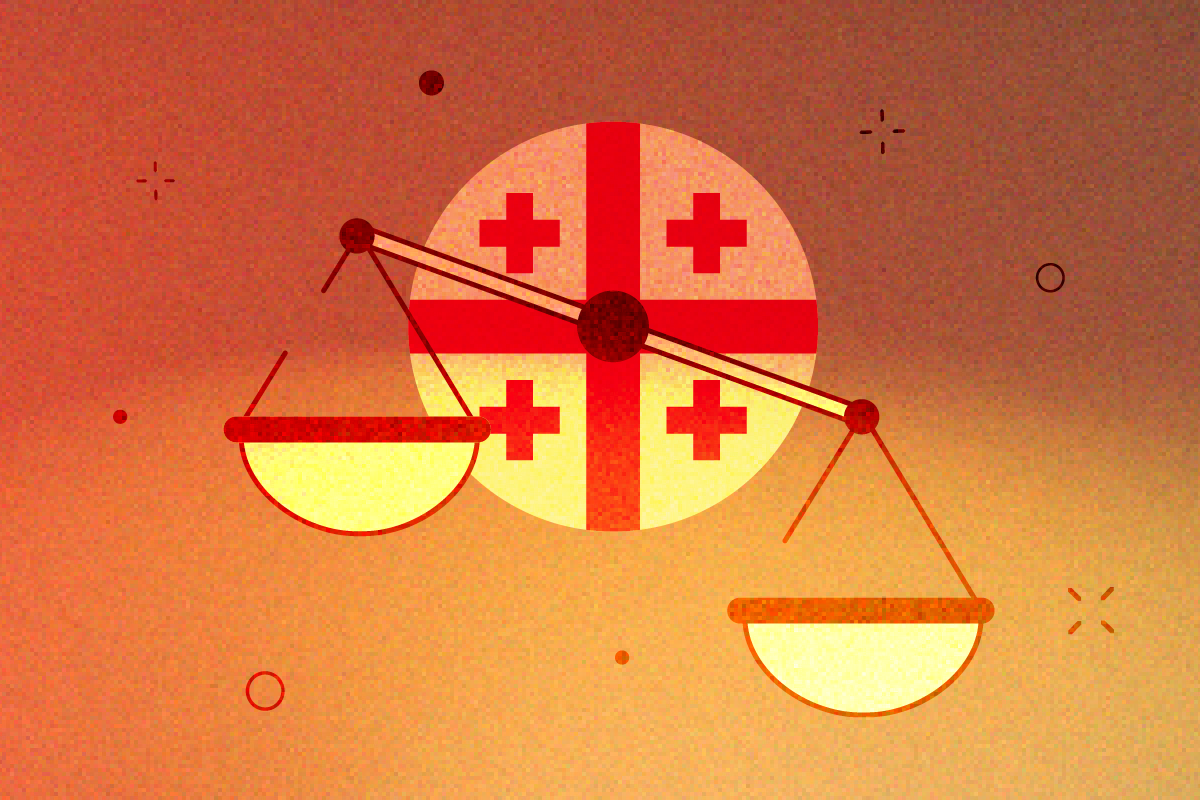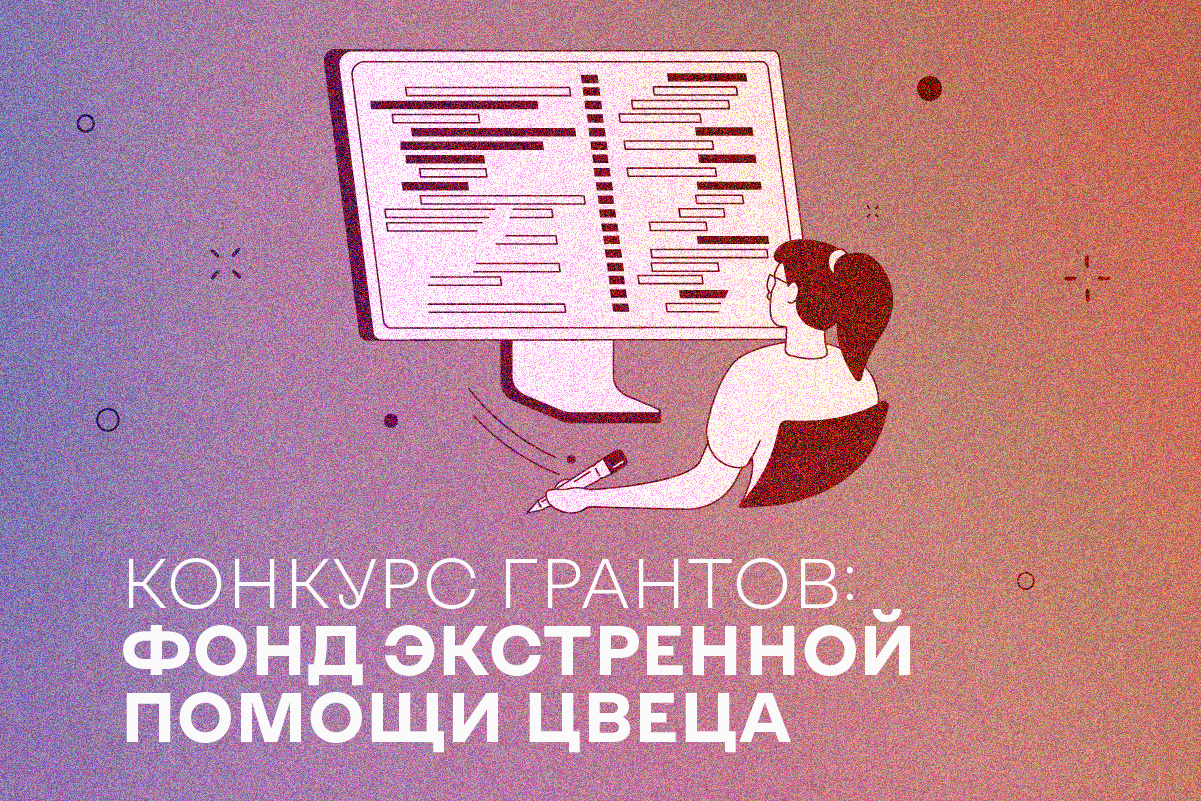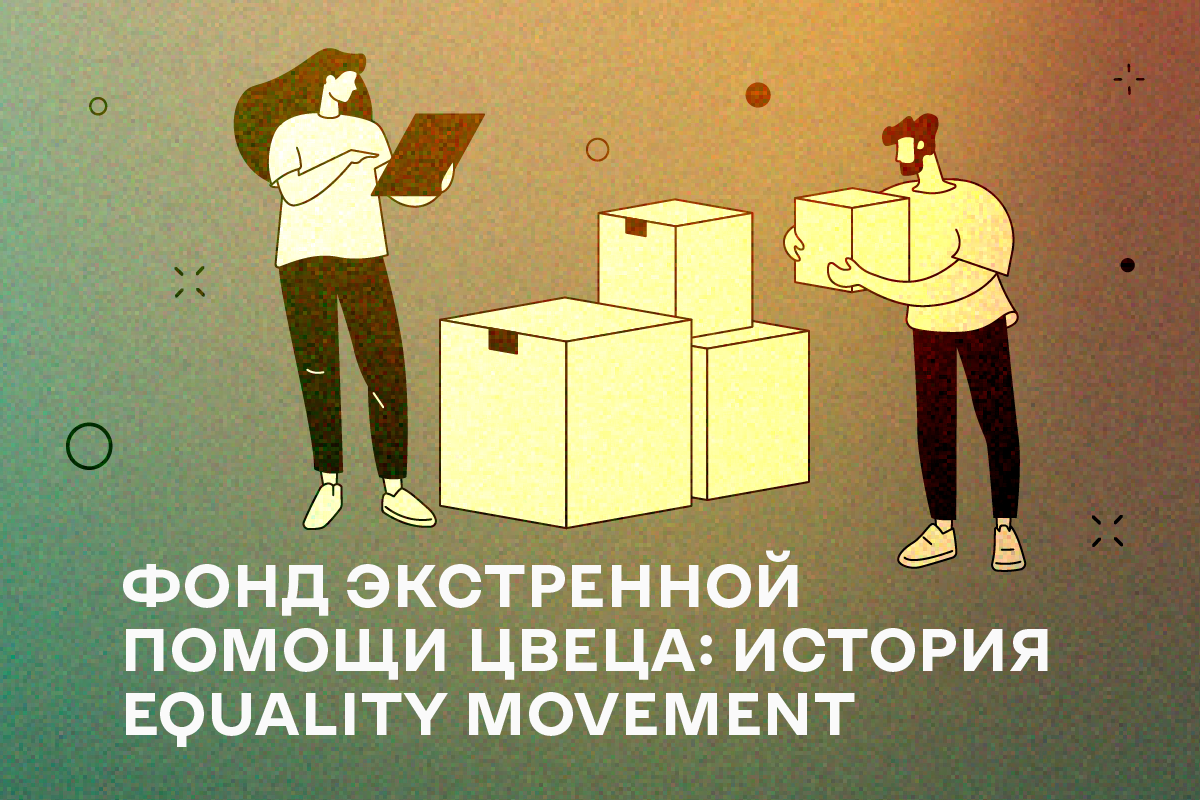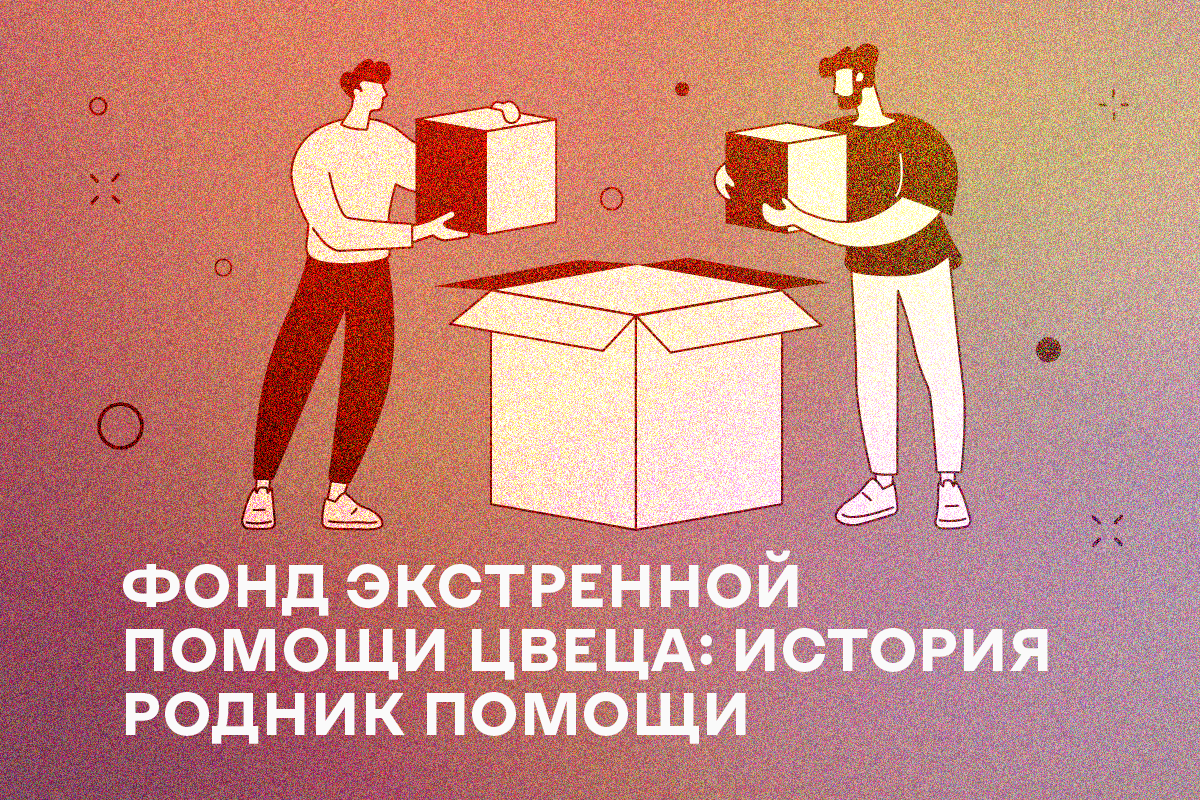The international public organization “Spring of Help”, based in Georgia, was a beneficiary of ECOM’s project to reduce the negative impact of the Russian war against Ukraine on the access of key populations to HIV services and humanitarian assistance in the EECA region.
The organization was the first in the country to begin providing direct material assistance to migrants from Ukraine and Belarus, including housing and other basic needs. The project “Friendly Georgia” has become a bastion of support for LGBT people, people with HIV, and representatives of vulnerable groups at a time of great instability due to Russia’s war in Ukraine and the regime in Belarus. People fleeing war or persecution often arrive to a new place without anything and need assistance until they can get back on their feet.
15 people have received assistance since July 2023. This includes young people under 40, representatives of the LGBT community, people with HIV, and groups vulnerable to HIV. It is planned that the project’s capabilities will assist a total of 23 people.
The history of the organization “Spring of Help” itself is tightly intertwined with the experience of migration. Tatyana Zhuravskaya, the Chair of the organization, discusses this. She is a well-known activist from Belarus, who was forced to leave the country due to repression. At the beginning, a team of Belarusian activists in Georgia acted as volunteers and helped those who came to the country. However, in order to provide systemic assistance and meet the needs of an increasing flow of people, in the spring of 2023, an organization was registered that provides assistance to migrants from Ukraine and Belarus who are relocating to Georgia and the countries of the EECA region.
The ECOM-supported project was one of the first in “Spring of Help’s” portfolio, which, according to Tatyana, has a tremendous impact on the institutional development of the organization: “Doctors, partners, and peer-help groups learned about our organization in Georgia. They found out what we are doing. We are a young organization that only started working in April 2023, and this is the first project after the organization’s registration that is aimed directly at helping people. It has had a huge impact and has provided support for institutional development. It has helped us to develop our niche for now and has created new opportunities for the community. As far as we know, there are no such activities in Georgia, in particular, projects to help vulnerable groups and Belarusians fleeing the regime.”
What does the project offer?
- Paying for diagnostics for people living with HIV for registration in Georgia: CD4 and viral load, support in the registration process.
Such diagnostics in Georgia cost around 140 euros. “I did not go to register because I didn’t have the money to pay for the testing,” said some project participants. Currently, the project has paid for the diagnostics for three out of four HIV-positive clients.
ARV therapy in Georgia is provided free of charge, but you need to pay for and undergo a monthly consultation with a doctor, which costs 80 lari (about 25 euros). Consultations are free only for those who officially have refugee status, which is not easy for Belarusians to obtain.
“Currently, we are cooperating with several public organizations that refer Belarusians and Ukrainians who need such help to us. In Tbilisi, we cooperate with infectious disease doctors who refer patients to us,” says Tatyana Zhuravskaya.
An important achievement of the project is the mobilization of the community itself: project participants become volunteers and help people who need such assistance go through the process of registration, paperwork, etc.
- Paying for renting for a one-month period.
“Spring of Help” notes that there are no other organizations in Georgia that provide housing directly to representatives of groups vulnerable to HIV. Providing assistance to migrants is most difficult in small towns. There are clients in the project who literally found themselves on the street and had nowhere to go.
However, people are often unable to find a job within a month. Project consultants continue to support participants in finding work and opportunities for them in the future. People stay in touch even after participating in the project. “We keep in touch. Everyone needs to feel supported. Clients come to me for tea or to wash their clothes,” says social worker Oleg.
Based on the results of six months of the project, “Spring of Help” concludes that it is advisable to provide housing assistance for up to three months, and to expand the program to whole families if clients do not come alone.
- Assistance three times a day for purchasing food, bedding, and other essentials
- Paying for psychological counseling (up to 3 times)
“Spring of Help” notes that while the flow of people from Ukraine has stabilized, now the flow of migrants from Belarus has increased. Of the 15 people who received project support, 8 are from Belarus. Psychological support is an important element of adapting to a new place.
Oleg remembers a young man of around 20 years of age who left Belarus due to the threat of political persecution. With the help of his friends, he urgently fled to Turkey in the hopes of obtaining a humanitarian visa to a European country. After failing to receive a visa there and not finding an opportunity to stay, he hitchhiked to Georgia and ended up with Oleg at the “Spring of Help” via word of mouth. “He didn’t get out of bed for five days simply due to fatigue,” Oleg recalls. “We were able to help him and even find him a part-time job in a cafe. Life is not easy, but he is slowly getting back on his feet. He was completely lost and did not believe that anyone could be interested in his problems. 'You are both my mom and dad,' that’s what he says now.”
In general, most visitors to Georgia consider the country as a transit option. For instance, Belarusian migrants tend to stay in the country without any registration. They are not so readily given refugee status or a residence permit. Most are processing visas to travel further.
“We have a very large circle of contacts with Belarusians, and they often contact us even at their moment of departure. We worked with communities in Belarus and of course they know that they can contact us here,” says Tatyana Zhuravskaya.
What next?
“Spring of Help” emphasizes how important it was to provide payments for housing, food and basic necessities, as well as psychological assistance. The organization notes that they wish to establish deeper cooperation with other NGOs so that people receive a full range of services.
“We see the need to create a shelter where people can go for rehabilitation and adaptation. For example, people with experience of drug use quickly return to street drugs when they find themselves in a new environment. If they ended up in a shelter, they would be immediately referred to services and substitution programs, so they would not have to think about where to get food and how to meet basic needs. This would help them integrate and adapt to their new location,” says Tatyana Zhuravskaya.
We need a safe, inclusive environment. Oleg says that he began helping people even before the actual start of the project by housing those forced to relocate in his apartment. There was and still is a need for help. A shelter could be an opportunity and entry point into the system for those who come to Georgia with nothing.
Oleg recalls a client from the occupied region of Ukraine who, as a person with experience of drug use, needed deeper and more specialized psychotherapeutic assistance. Accordingly, there is a need to strengthen partnerships with service NGOs to effectively refer people to highly specialized programs.
It should also be understood that it is more difficult for women to open up when the social worker is a man. Therefore, when planning activities, it is important to take into account that both male and female social workers are involved in the project.
“Feedback from clients really motivates us. People are being given back their faith in people. It is very important to continue to help people, the need remains constant. We now see that demand is twice as high as the project’s capacity allows. People will continue to travel through Georgia, and it is important for them to know that somewhere there is someone who cares about them,” says Tatyana Zhuravskaya.
Following the start of Russia's full-scale invasion of Ukraine, ECOM, in partnership with Aidsfonds (Netherlands) and the Alliance for Public Health (Ukraine), began implementing a program aimed at reducing the negative impact of the Russian war against Ukraine on the access of key populations (KP) to HIV services and humanitarian assistance in the region of Central and Eastern Europe and Central Asia (CEECA).
As part of this program, ECOM held two rounds of grant competitions, as a result of which 28 public organizations implementing projects for key populations in migration in the EECA region were selected.






Комментарии
Пока никто не оставил комментарий